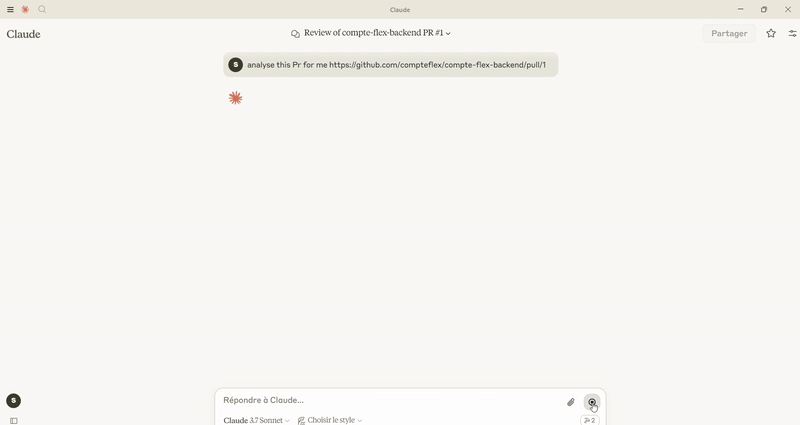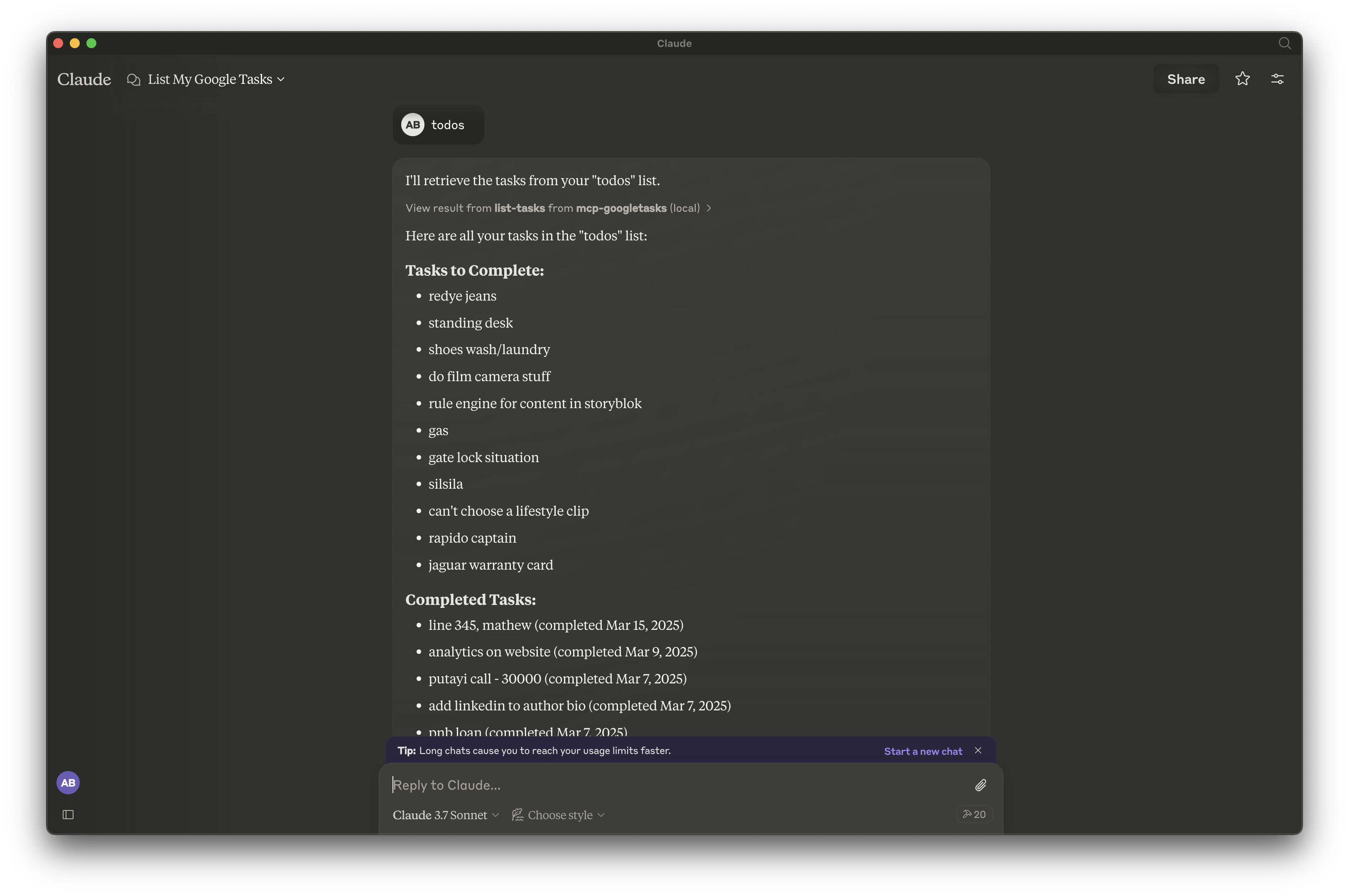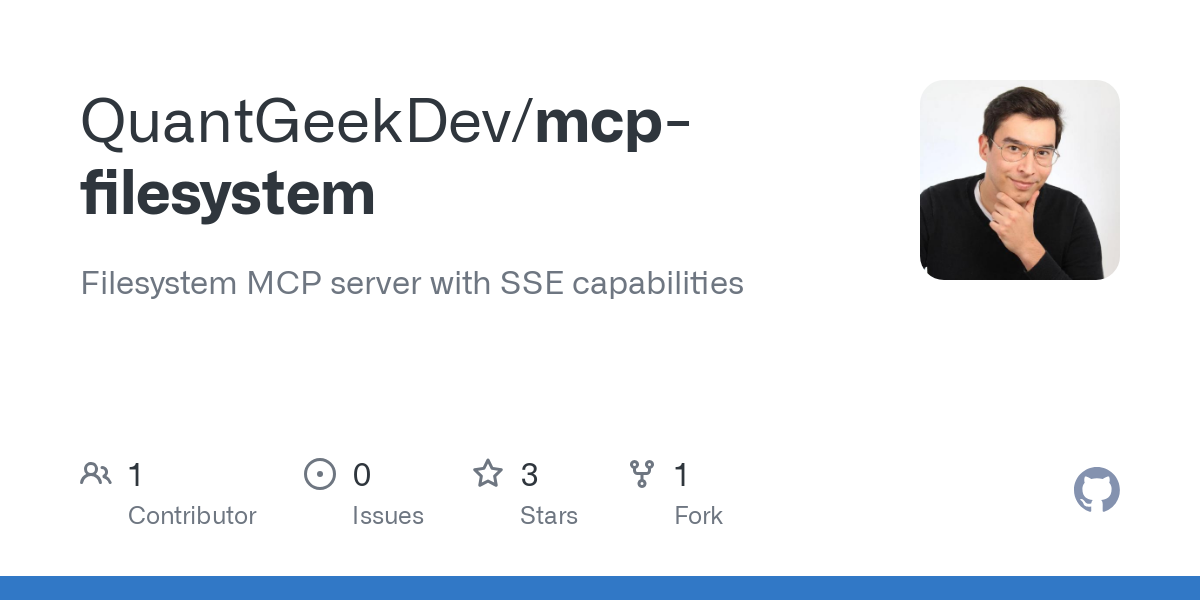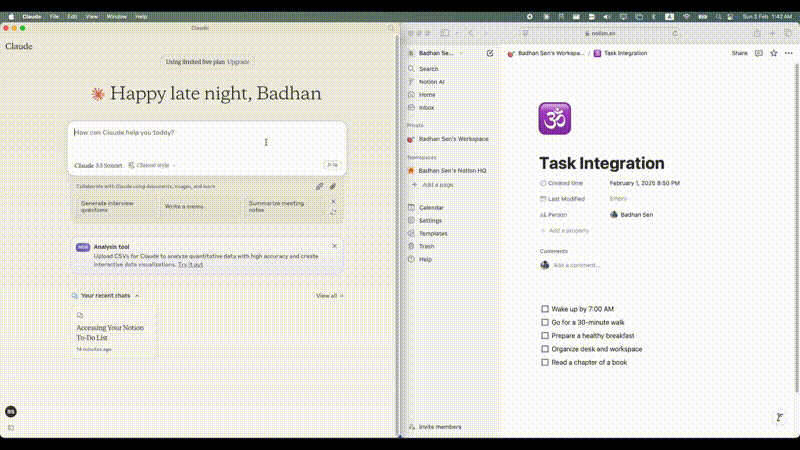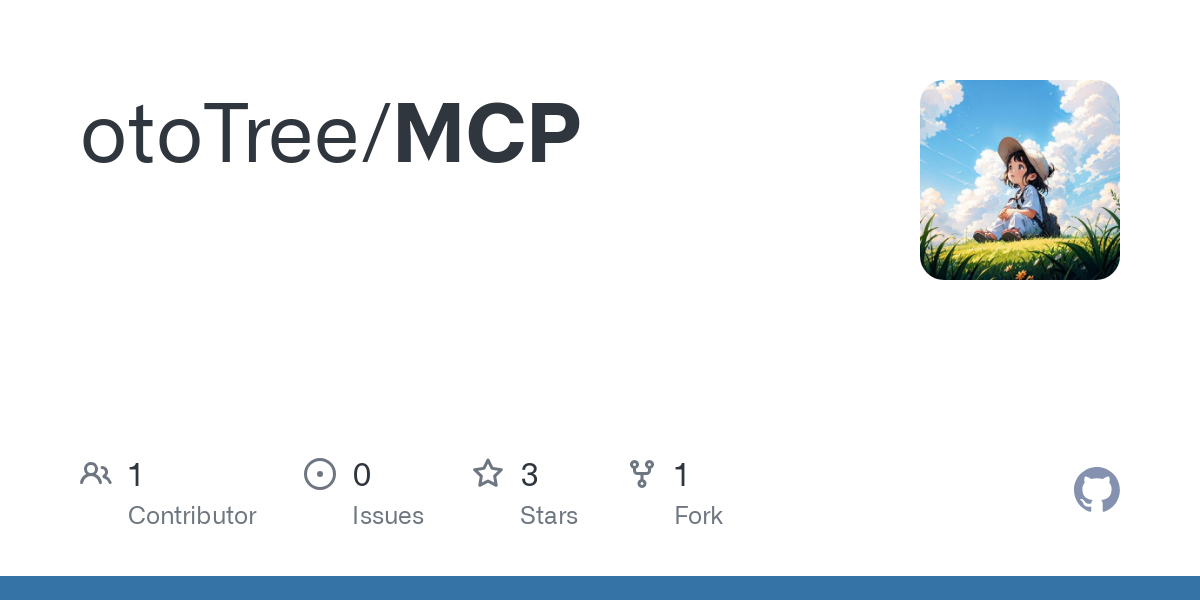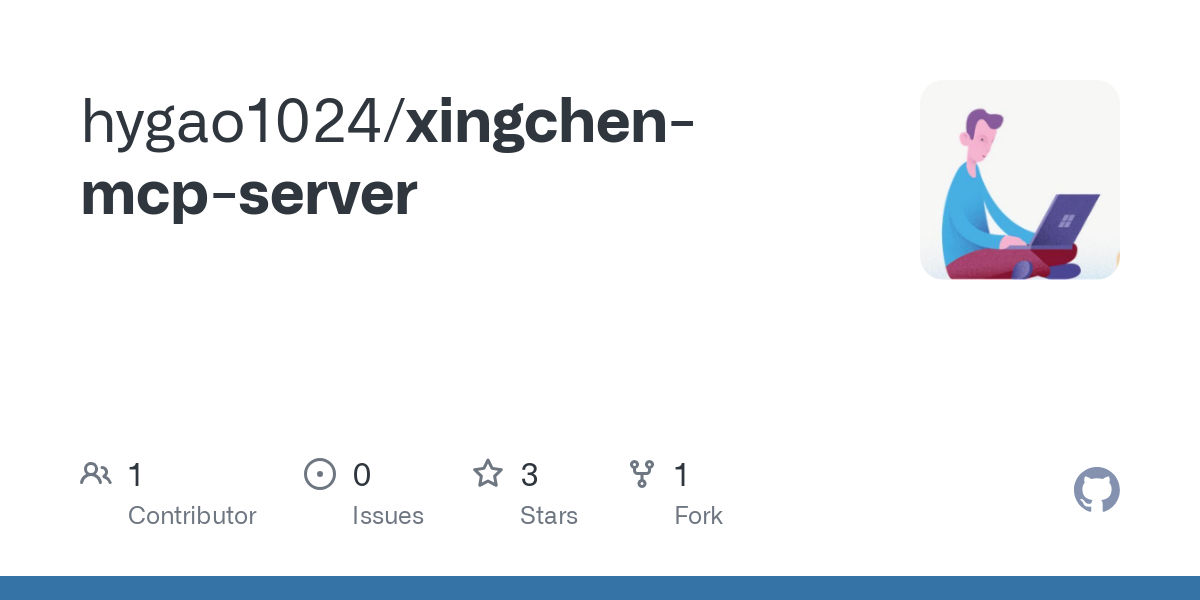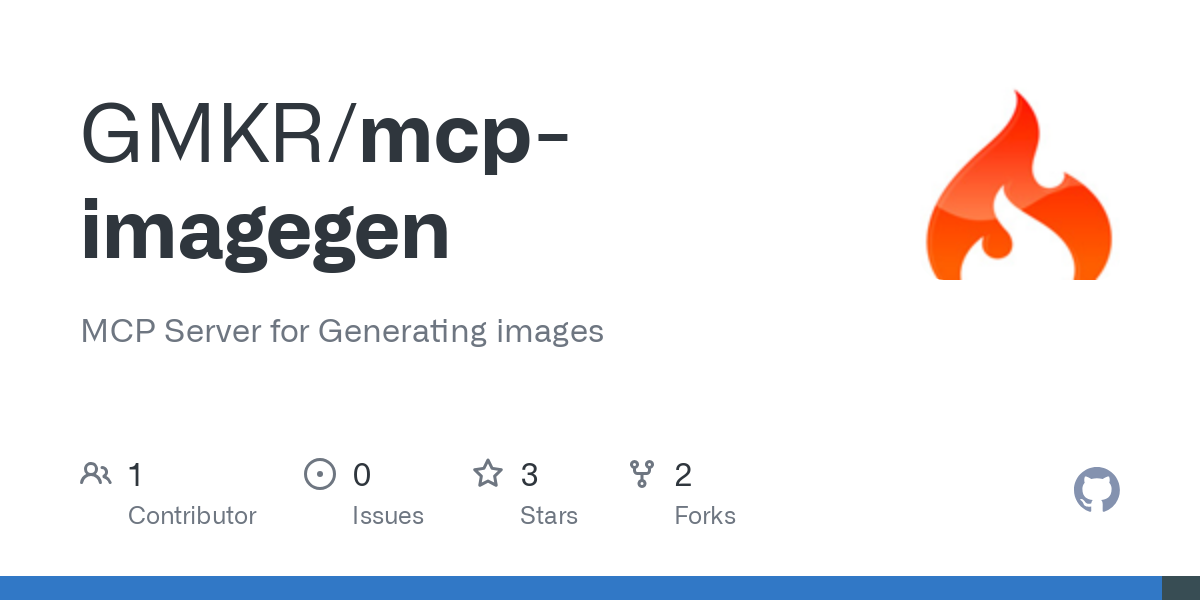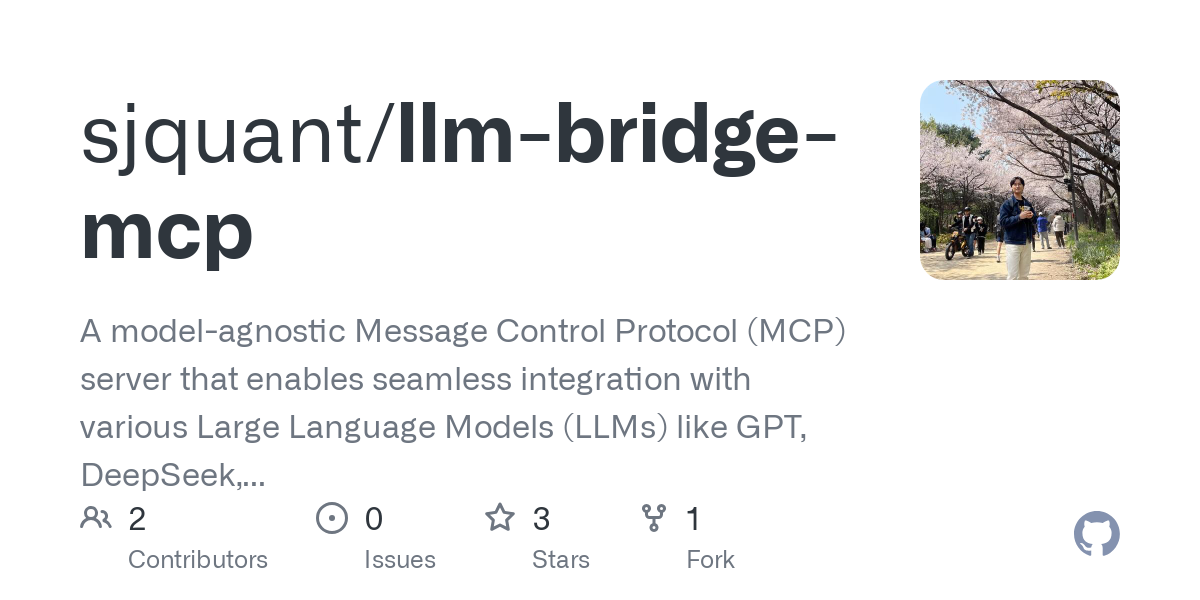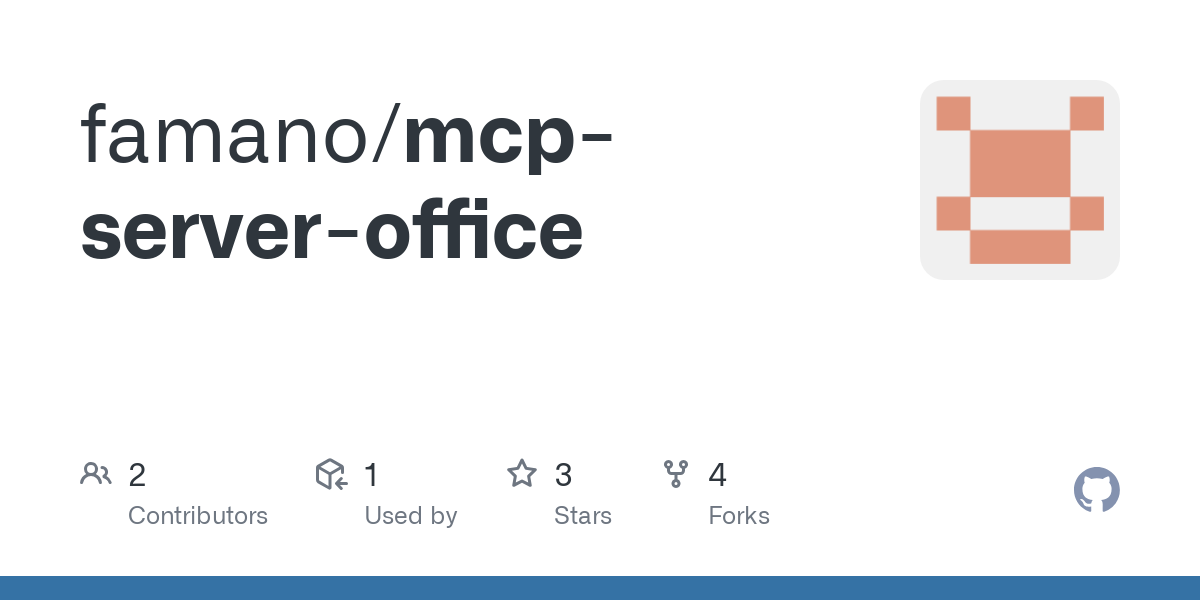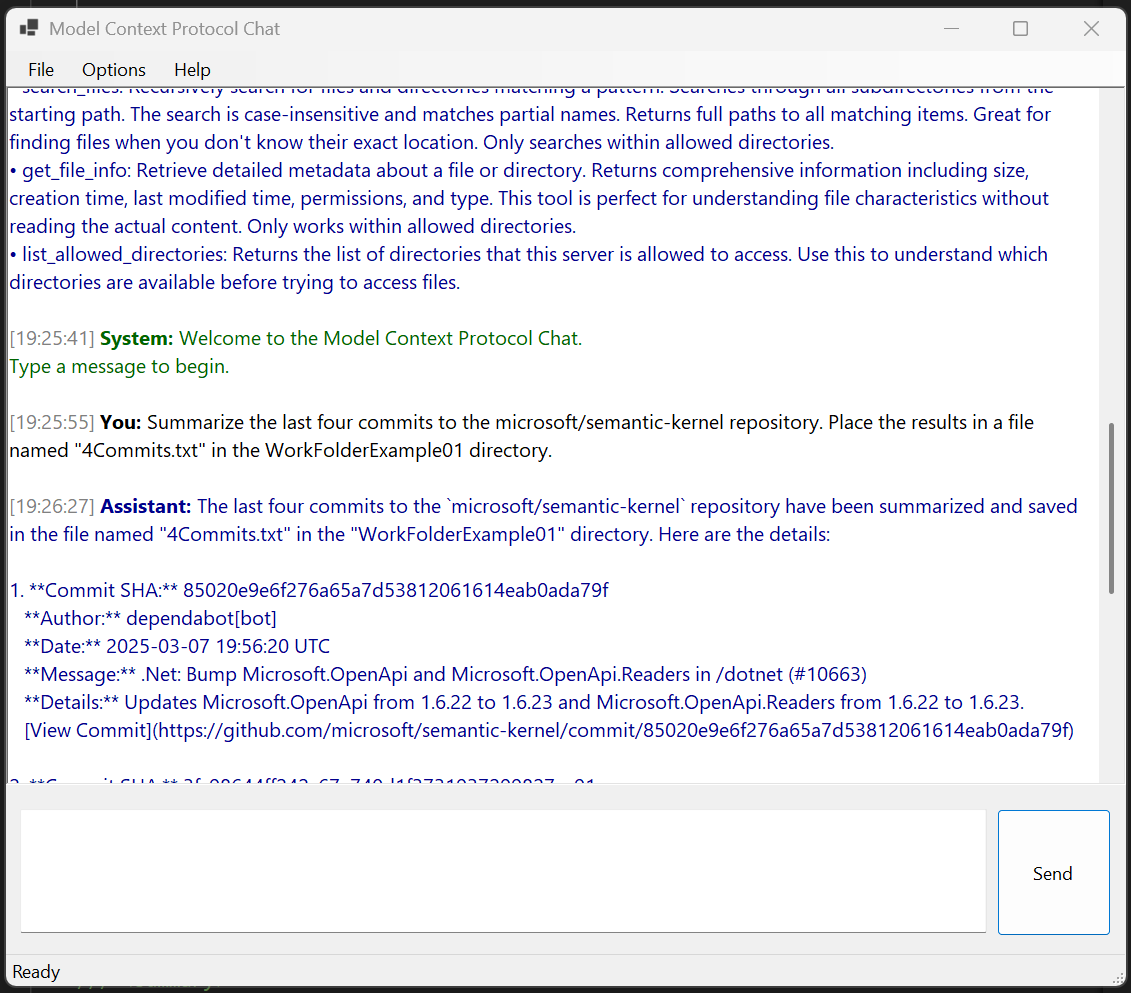All MCP Servers Complete list of MCP server implementations, sorted by stars
PR Reviewer is a tool that fetches changes from GitHub pull requests and creates detailed reports in Notion. It leverages the MCP (Model Context Protocol) to facilitate communication and integration between different services. The tool includes features like fetching PR changes, generating reports, and using an MCP server for handling analysis requests.
The Data Gouv MCP Server is designed to interact with the Data.gouv.fr API, specifically the API Recherche Entreprises, to retrieve up-to-date information about companies in France. It uses the HTTP+SSE transport defined in the Model Context Protocol (MCP) and provides features like searching for company details such as name, address, directors, and sector. The server is built with TypeScript and can be easily configured and debugged using tools like the MCP Inspector.
The Unity MCP Server facilitates communication between MCP clients and the Unity Editor, allowing for the execution of various editor actions. It integrates AI capabilities to enhance game development workflows, supporting tasks ranging from asset management to scene modifications. This server acts as a central hub, streamlining collaboration and task execution for Unity developers.
This Model Context Protocol (MCP) server acts as a bridge between Claude and Google Tasks, enabling users to manage their task lists and tasks seamlessly through Claude. It supports various operations such as listing, creating, updating, and deleting tasks and task lists. The server requires a Google Cloud Project with the Tasks API enabled and is built using Node.js. It is designed to be used with Claude for Desktop, providing a convenient way to handle Google Tasks via Claude's interface.
The Model Context Protocol TypeScript SDK provides a comprehensive implementation of the MCP specification, enabling developers to build MCP servers and clients efficiently. It supports features like resources, tools, and prompts, and offers standard transports such as stdio and SSE. This SDK simplifies the process of integrating context-aware functionality into LLM applications, ensuring secure and standardized interactions.
The Filesystem MCP Server is built using the mcp-framework and provides a flexible platform for integrating filesystem operations with MCP tools. It supports Server-Sent Events (SSE) for real-time updates and can be extended with custom tools for tasks like data processing, API integration, and file handling. The server is designed to work seamlessly with the Claude Desktop client, enabling local development and deployment.
This project enables the exposure of a local MCP server using Flask, allowing for seamless integration with platforms such as Coze, Dify, and FastGPT. It facilitates the interaction between these platforms and local resources through a structured API, making it easier to manage and utilize local services in a cloud-based environment.
The iFlytek Workflow MCP Server is a Python-based implementation that enables seamless integration of iFlytek workflows with the Model Context Protocol (MCP). It supports intelligent workflow scheduling, robust node support, advanced orchestration modes, and multiple development paradigms. This server is designed to enhance automation and flexibility in various business scenarios by leveraging the MCP framework.
This MCP server provides tools to interact with Microsoft Word documents, including reading and writing docx files, editing paragraphs, and inserting new content. It is designed to handle complex document structures, such as tables and images, and supports precise text manipulation within specific paragraphs. The server is built using Python and integrates with the Model Context Protocol (MCP) for seamless document processing workflows.
This project provides a standardized way to interact with Harvest through the Model Context Protocol (MCP). It acts as a wrapper for the Harvest API, allowing MCP clients to seamlessly integrate with Harvest for time tracking and project management. The server is designed to simplify interactions with Harvest by adhering to the MCP format, making it easier to develop and maintain integrations.
WinFormsApp-MCP is a Windows Forms application that integrates Microsoft's Semantic Kernel with the Model Context Protocol (MCP). It provides tool functionality for GitHub, GitLab, and filesystem operations, enabling context-aware interactions with OpenAI's ChatGPT models. The application showcases how to configure and use MCP tools within the Semantic Kernel framework, offering a practical example of LLM integration with local and remote resources.
